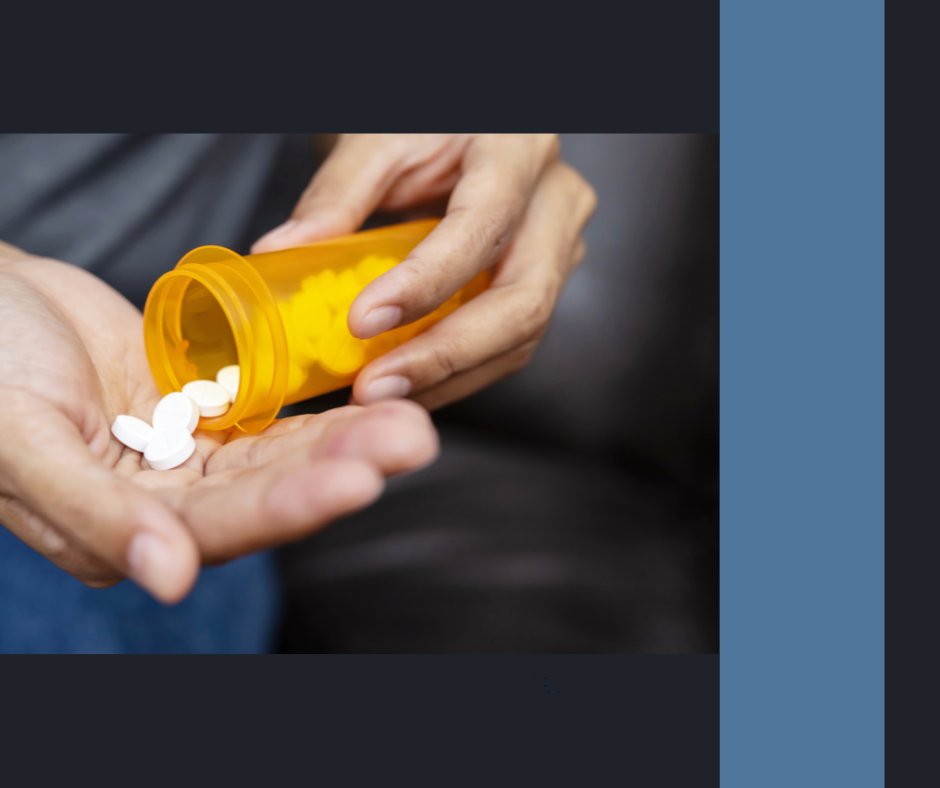
Storing Medicine for Emergencies: What You Need to Know
Share
When disaster strikes, access to a pharmacy may disappear overnight. Whether it’s a natural disaster, supply chain disruption, or a prolonged power outage, having essential medicines on hand can literally save lives. Preparing your home with a safe supply of medicines is just as important as storing food and water.
In this article, we’ll cover the basics of medicine storage, what to consider for your family’s needs, and a resource that makes it easy to stock up on critical medications before you need them.
Why Store Medicine?
- Emergencies limit access: Pharmacies may close, roads may be impassable, or medications may simply run out.
- Chronic conditions: If you or a loved one relies on daily medication, even a short disruption could be dangerous.
- Infections and injuries: Something as small as a cut can become life-threatening without the right treatment.
Best Practices for Storing Medicine
- Check expiration dates: Rotate medicines regularly to ensure freshness.
- Store in a cool, dry place: Heat and humidity can shorten a medicine’s shelf life. Avoid bathrooms or areas near stoves.
- Keep them organized: Use a labeled container or bin so you can quickly find what you need.
- Lock them up: Protect children and pets by using childproof containers or locked storage.
- Plan for refrigeration needs: Some medicines (like insulin) must be kept cold. Have a backup plan, such as a portable cooler with ice packs or a solar-powered fridge.
What Medicines Should You Store?
- Daily prescriptions: Talk to your doctor about keeping an extra supply of critical meds like blood pressure, diabetes, or heart medications.
- Over-the-counter essentials: Pain relievers, fever reducers, antihistamines, cold medicine, and stomach remedies.
- Emergency antibiotics: Infections can escalate quickly without proper treatment, and not all antibiotics are interchangeable.
Where to Get an Emergency Supply of Antibiotics
Some preppers will tell you to purchase and use fish antibiotics. If you do, you will have to calculate the correct amount, and it may not be the specific antibiotic you need. Others will tell you to get your supply from another country. Many countries don't have the safety or regulations in place to ensure you're getting what you ask for. Please don't do anything that will make the emergency worse.
Ready & Prepped set out on a quest to find a safe, reliable and legitimate place to purchase antibiotics without guessing what you are getting, and be confident knowing that you have multiple options for antibiotics, not just one, with straightforward instructions included on what to use for which specific illnesses.
After doing a lot of research we are excited to announce that we found the answer in a company called Jase Medical (this link will take you to their site). This is who we highly recommend for safe and legitimate emergency antibiotic storage.
Jase Medical offers a kit that includes 10 essential medicines, including 5 life-saving antibiotics that can treat over 50 infections. They also have the option to customize your kit, which is super helpful if you have specific medical needs. Each kit is prescribed by a licensed physician after a short online consultation, and it comes with clear instructions on when and how to use each medication.
For Ready & Prepped readers, you can save $10 by using this special discount code: JAM-3127
Final Thoughts
Storing medicine may not be the most exciting part of preparedness, but it is one of the most critical. A well-stocked medicine kit ensures you can treat common illnesses and injuries when medical help isn’t immediately available.
Food, water, and shelter may keep you alive in an emergency—but the right medicines can make sure you stay healthy long enough to recover and rebuild.
No fuss, no fluff, no fear!
Other Articles You Might Be Interested In
Essential First-Aid and Medical Supplies for Emergency Preparedness
Natural Remedies to Include in Your Emergency Supplies
Herbs to Grow in your Garden: for Health and Flavor
Your CO Detector May Not be Working the Way You Think
